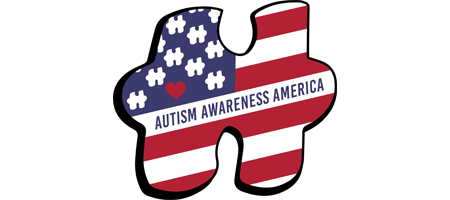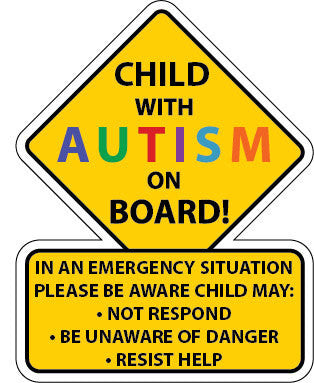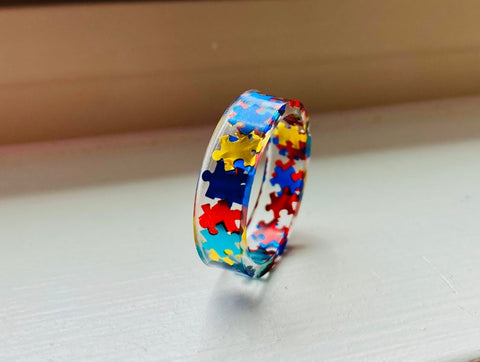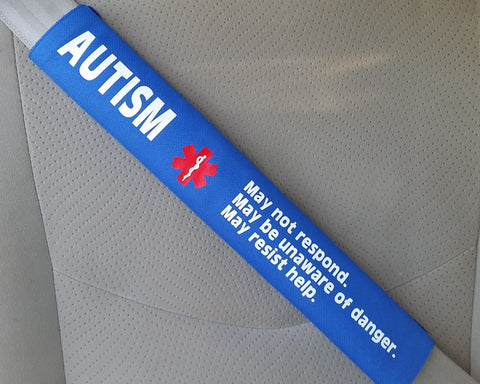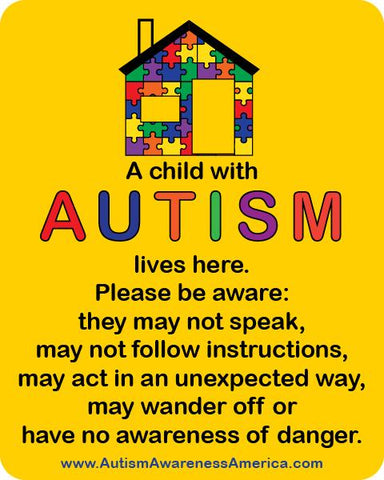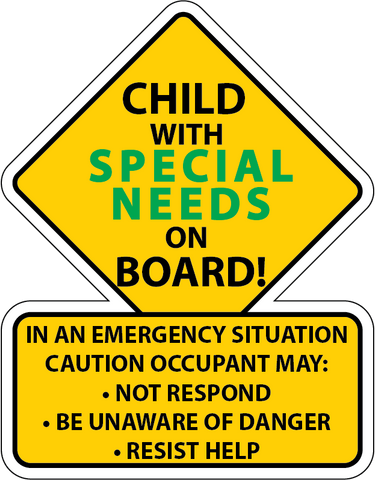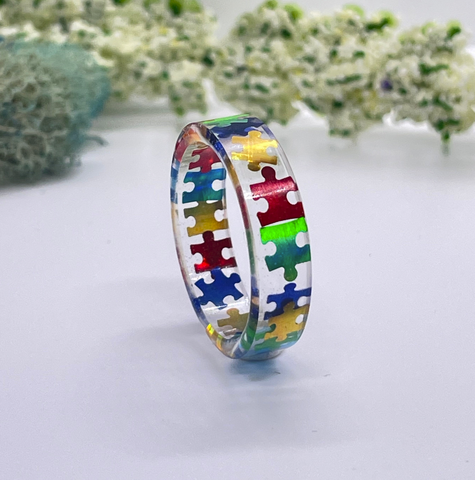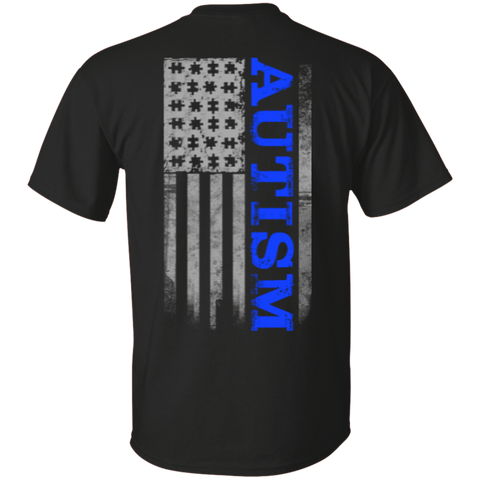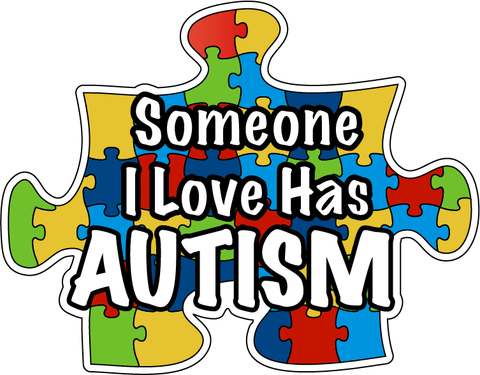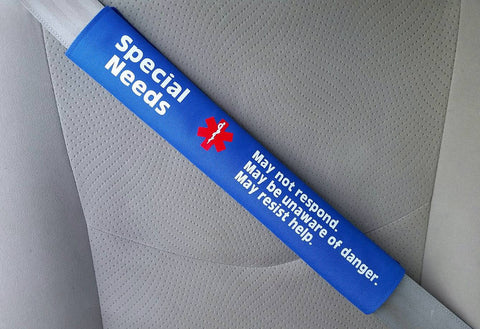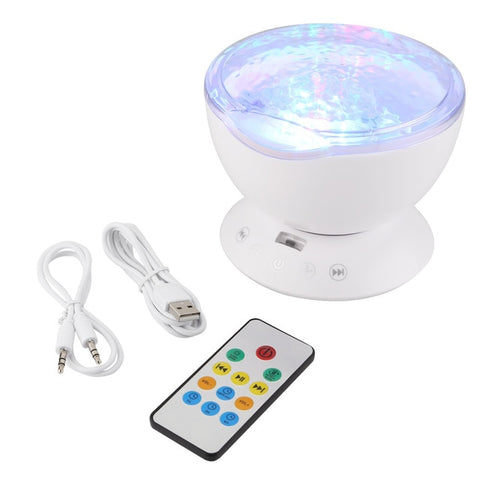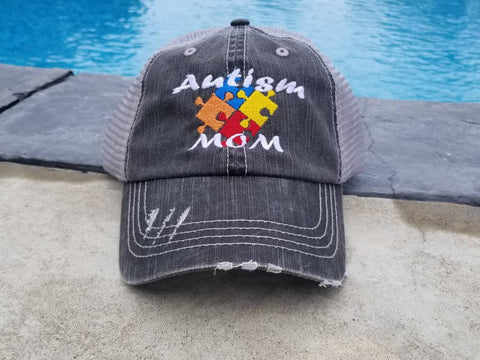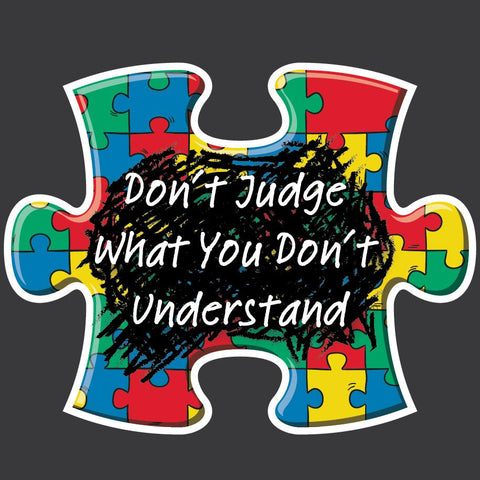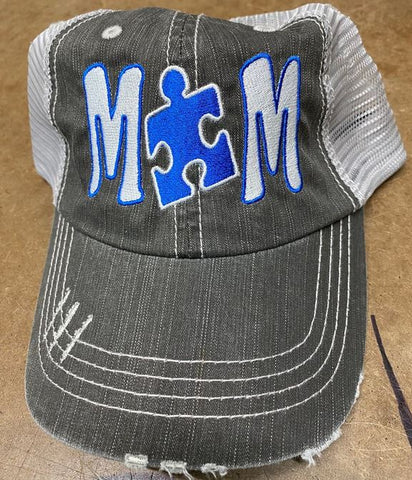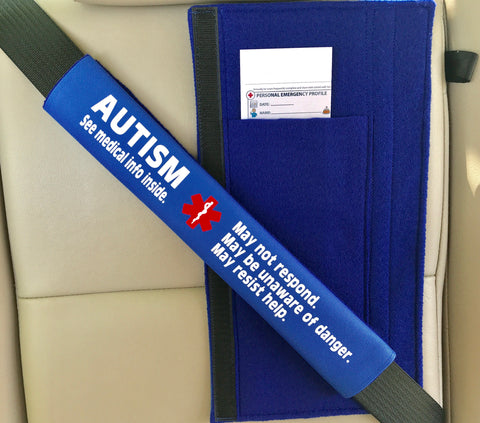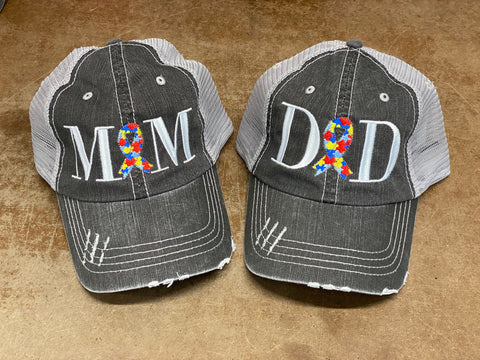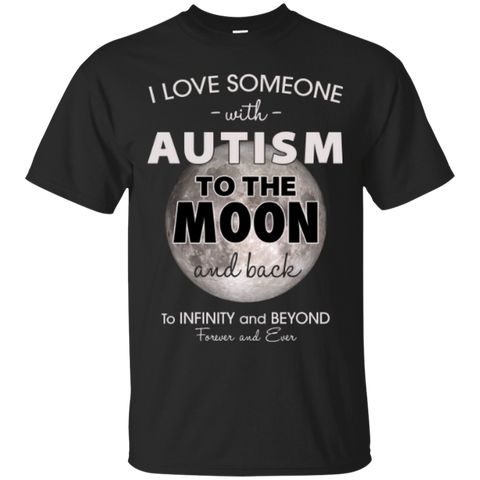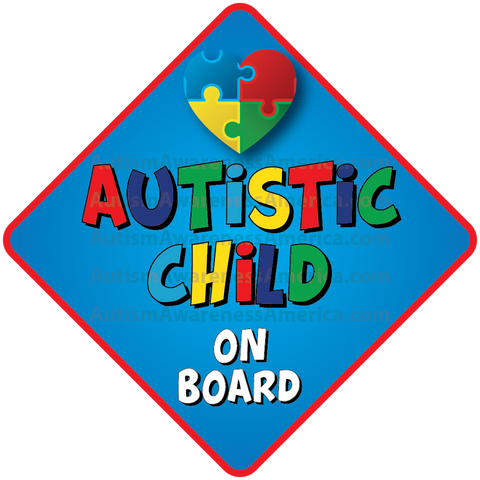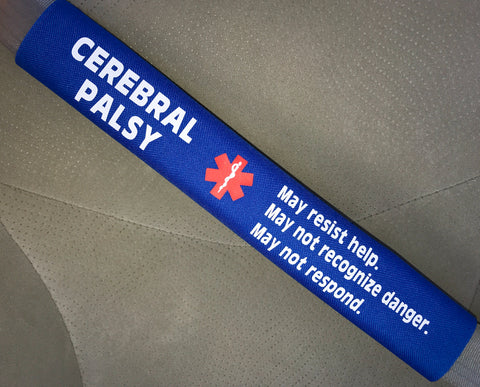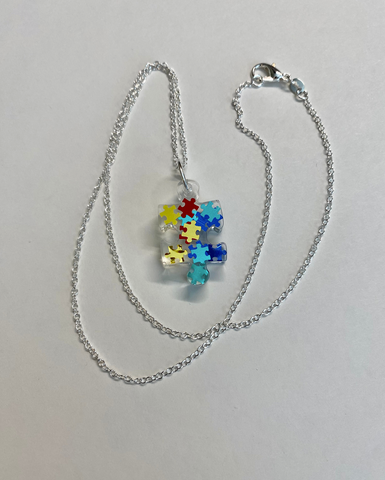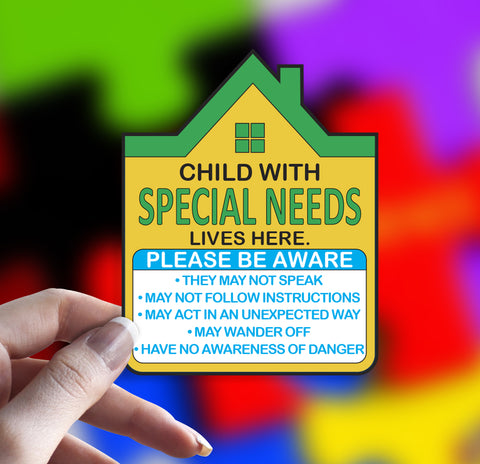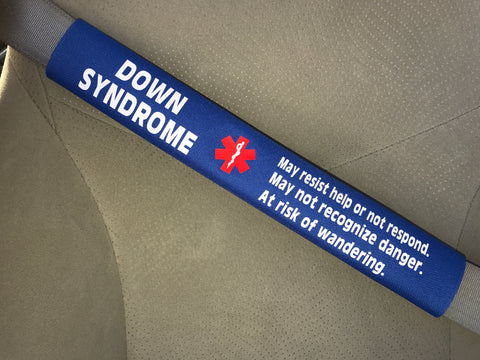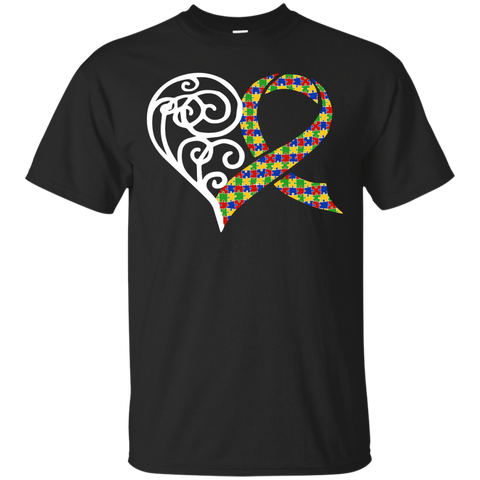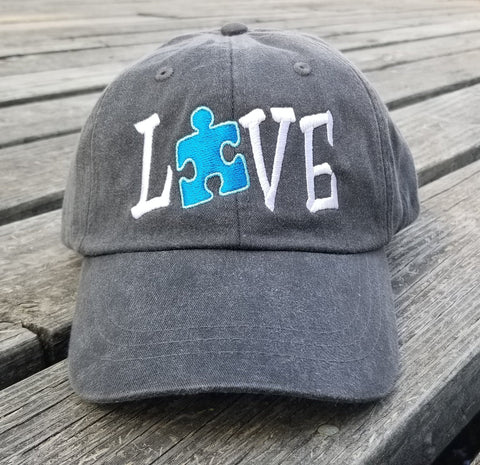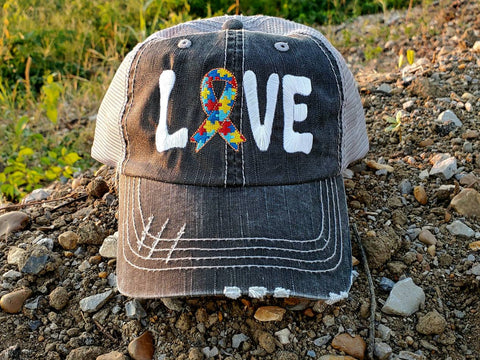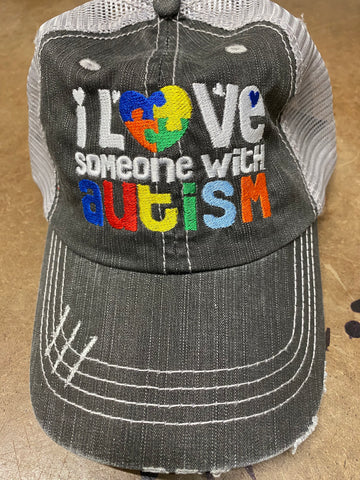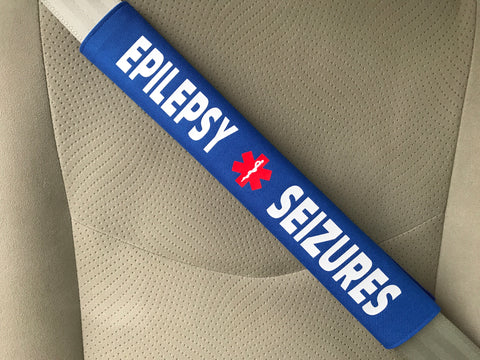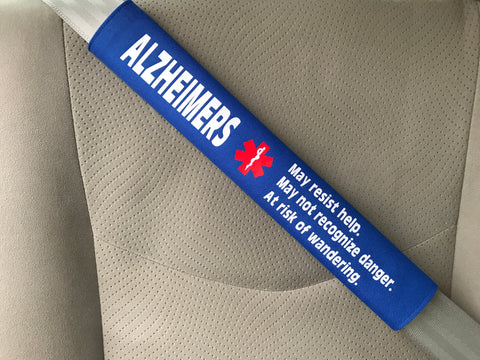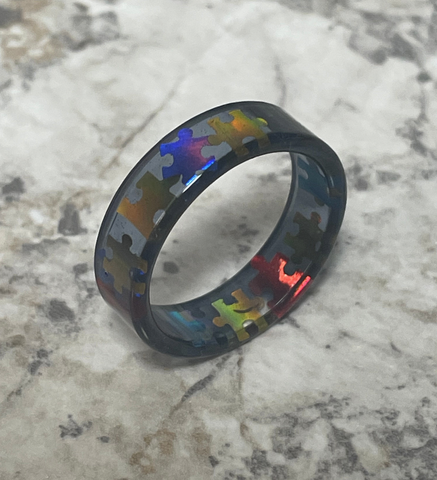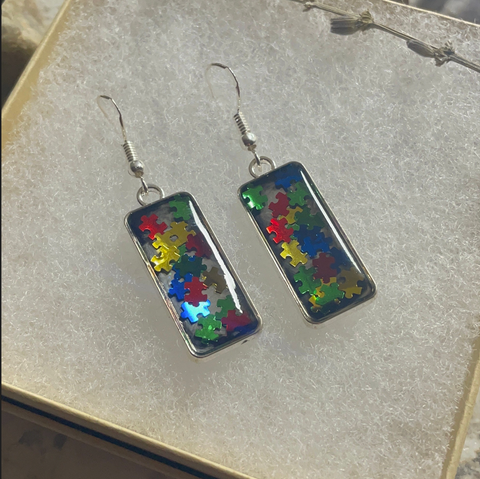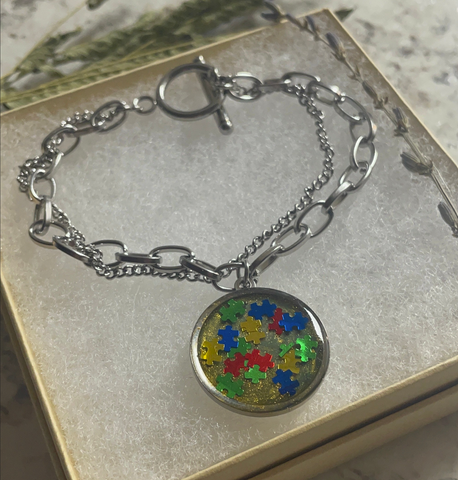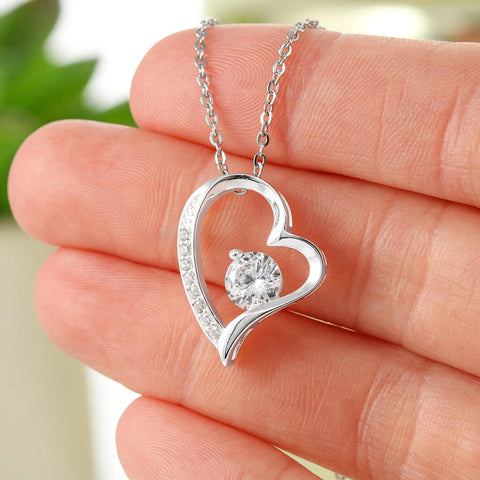Autism is a complex neurobehavioral disorder that affects roughly 1 in 59 Americans. With an estimated 3.5 million Americans living with a disorder on the autism spectrum and no proven remedies yet, scientists have been keen on discovering a way to help those afflicted.
One recent observational study has shown an astonishing success rate of 80% in reducing negative behavioral patterns in test subjects by using CBD oil. We go deep into what this might mean for the future of therapy for Autism Spectrum Disorders (ASD), and how we might see the use of CBD oil for autism.
An official study is aimed to conclude in July of 2019, where we’ll see all the data which comes forth. A sample of 120 patients aged between 5 and 29 years old with mild to severe autism are currently being given two different cannabis oil formulas or placebo.
Check out what we have to say about CBD oil, and how it might be a key component in helping those with autism!
CBD Oil For Autism: Highlights
- CBD oil has no psychoactive effects and mild side-effects compared to other prescription drugs.
- Success rates of up to 80% have been observed for CBD related autism therapy.
- CBD also helps to treat seizures, a common overlap for those with autism.
What Exactly is Autism?
With so many people affected by autism and incidence rates having increased by 119% between the years 2000 to 2010, it has gained the status of the quickest-growing developmental disability.
It’s an exceedingly complex disorder that doesn’t have any individually known causes either. It’s mostly accepted that genetics are the prime influencing factor; however many theorize that various social and environmental factors also contribute to the dramatic rise in diagnosed individuals.
Autism negatively impacts a variety of mental functions, primarily related to communication and social interaction. Repetitive and restricted behavior is also frequently observed, and a wide variety of symptoms are also witnessed. Anxiety, seizures, dyslexia, hyperactivity, dyspraxia, and depression are all common side-effects and symptoms from autism.
These symptoms are detrimental to daily life in a variety of ways. Personal relationships, work and academic performance and general happiness can take a hit from the exuberated symptoms.
Influencing how information is processed and how nerve cells and synapses in the brain interact, the exact function related to autism is still not well understood, and no pharmaceuticals around yet can ‘fix’ autism.
The Current Treatments for Autism
As it sits, only a few methods of treating autism are available. Beyond alternative therapies, education and medication are the two most accepted ways of treating autism.
Most education-based autism treatment is focused on teaching developing children self-care, communicative, and social skills. No single program or treatment is best, and specially tailored treatments based off the child’s needs are found to be most effective.
Limited to one-on-one sessions with behavior analysts, psychologists, speech pathologists, or special education teachers, education treatment is both expensive and time consuming. Alongside behavioral therapy, strong prescription drugs are used as well.
The most common prescriptions used to treat autism includes Effexor (Venlafaxine), Abilify (aripiprazole), Risperidone, however only Risperidone is FDA approved for autism-specific cases. Other drugs like benzodiazepines (Xanax/alprazolam, diazepam, lorazepam) are also frequently prescribed.
Unfortunately these prescriptions are incredibly powerful and carry a long list of side-effects, potential for addiction and misuse, and change brain chemistry on a strong level. They aren’t geared towards treating the condition specifically, and rather focus on reducing side-effects from the disorder like anxiety and insomnia.
CBD Oil For Autism: How Can Cannabis Help?
We’re not talking about using normal weed for autism either. THC – the main molecule responsible for feeling high, stoned, or any effects associated with weed isn’t used for treatment. Instead, CBD is being used.
CBD oil on the other hand is non-psychoactive, meaning it doesn’t have any high to speak of. Producing no stimulating or sedating mental effects, it’s also safe to be at work, school, driving, or cooking while taking CBD.
The known side effects of CBD are minimal as well. Dry mouth, red eyes, and slight drowsiness are the most commonly reported symptoms, which are pale in comparison to the drugs currently being prescribed.
While typical prescription drugs cost the end user a large amount, CBD may be a cost-effective alternative. Autism costs roughly $268 billion annually in the US for special services, productivity losses, and supportive accommodation. This is on par with the cost currently seen for those afflicted with ADHD and diabetes, with predictions for the cost to skyrocket further by 2025.
A cost-effective remedy for autism would have a huge impact not only on the lives on individual people, but for society as a whole.
Cannabinoids could be a relatively safe and inexpensive alternative to anti-psychotics and other pharmaceutical drugs if we see more studies come forth with supporting evidence.
An Alternative to Other Drugs
Over 50% of children diagnosed with an autism spectrum disorder are prescribed a variety of drugs, most commonly antidepressants, stimulants, and antipsychotics which are frequently used to treat ADHD, anxiety, and major depressive disorder.
As the exact way that autism functions is yet to be fully understood, the drugs are not quite seen as an effective solution. With many SSRIs and benzodiazepines which are prescribed carrying a slew of negative side-effects, CBD might be an effective alternative to other, more powerful drugs.
Still, no known medication has been found to quell the core problems of communication and social interaction, and CBD hasn’t been found to do that either.
An 80% Success Rate in Treating Autism-related Behaviors
Dr. Adi Aran, director of the pediatric neurology unit at the Shaare Zedek Hospital in Jerusalem conducted the study on 70 of his own patients in an observational study. At request, he began administering CBD to patients with autism and began recording the results.
Through anecdotal reports from the parents and his from own observations, many of the patients experienced a significant reduction in symptoms. While some no longer had temper tantrums and cases of self-harm, some were more communicative and more socially relaxed.
- 80 % of parents noticed a reduction in negative behaviors.
- 60% of children afflicted with anxiety had improvements in their condition.
- 50% of children tested demonstrated improved communicative skills.
His interest began when he said many of his patients responded negatively to anti-psychotic medications, with many parents asking him to prescribe cbd oil for autism. Initially, he refused their requests due to insufficient data, however the evidence shown by a recent study done in Israel on CBD managing epilepsy was enough to sway him in the other direction.
CBD Oil For Autism: The Method and Results of Dr. Aran’s Study
A placebo was implemented, with both the parents and children not knowing if they’re being administered CBD oil or a placebo. Parents were asked at the end to note any behavioral changes they’ve noticed – positive and negative.
The cannabinoids were administered in two different formulations, both of which had a ratio of 20:1 for CBD to THC.
80% of the parents reported a notable reduction in problematic behavior, with 62% reporting their children’s behavior has improved significantly. These behaviors ranged from outbursts and tantrums, social anxiety, refusal to communicate, and even incidents of self-harm.
The study also reported that 50% of children involved noticed an improvement in their ability to communicate with others. From communicating to peers and teachers as well as parents and friends, noticeable improvements were observed.
40% of test subjects reported a reduction of symptoms of anxiety. One third of which didn’t have these symptoms to begin with. This also plays into the improvement of communication among patients and is a large quality of life improvement across the board.
Other Studies and Applications of CBD Oil
This isn’t the first time CBD oil for autism has been studied. A collaborated study between the University of Texas and University of Campania in Italy mentions that the strong anti-inflammatory effects of CBD and THC may be responsible for the reduction in symptoms, with much confusion still regarding the exact method of operation.
The study also concludes that more clinical trials are required to take place before an accurate assessment on the use of cbd oil for autism can be made.
The Center for Medical Cannabis Research at the UC San Diego School of Medicine received a donation of $4.7 million USD for their study regarding the safety and efficacy of CBD therapy for autism in children.
Doris Trauner, Distinguished Professor of Neuroscience and Pediatrics at UC San Diego School of Medicine remarks “The most exciting part of this novel study is that the findings could have tremendous implications for not just children with autism, but for children with other types of neurodevelopmental disabilities”.
In New York, a large-scale, double-blind study ran by Eric Hollander of the Montefiore Medical Center is poised to launch in December 2018 and finish in September of 2021. It’s aimed to discover any aberrant behavior differences with the use of CBD versus placebo.
With seizures and epileptic episodes affecting between 5-46% of children diagnosed with autism, CBD may be the right solution in treating those with an ASD. This can prove to be an invaluable tool in the health of many children’s lives as the health repercussions and cost of cannabinoid-derived medicines are multitudes lower than other pharmaceuticals.
CBD is also being extensively studied in helping alleviate symptoms of ADHD, another developmental disorder with skyrocketing rates of diagnosis. People diagnosed with autism often exhibit behaviors characteristic to those expressed from ADHD. For many, CBD may alleviate symptoms from both disorders as well as seizures, which makes it a very powerful too.
The Bad Sides of CBD
As far-fetched as it sounds, the negative side of CBD is pretty blank. With no psychoactive effects, low to no potential for addiction, relatively low cost, effective reduction in a wide array of symptoms and a great safety profile, it seems more and more like the miracle drug people have been on about.
That being said, CBD hasn’t been involved in any real long-term studies and the effects on one’s health for prolonged use (10+ years) hasn’t been discovered yet.
Conclusion
The exceedingly complex issue of autism still hasn’t been cracked. Unfortunately, there is no single known cause for the disorder which makes it difficult to treat.
Though CBD oil for autism may be an important tool, it’s not a ‘fix’, only a bandage over the problem. Still, current results appear promising and with any luck, more studies will show overwhelming evidence and a new treatment can be adopted, potentially helping the lives of millions.
It’s always important to remain skeptical whenever a new ‘miracle cure’ comes around, and while the initial results from CBD oil and treating autism appear promising, we advise anyone reading to err on the side of caution and consult a physician before using CBD to treat autism.
CLICK HERE to get YOUR FREE SAMPLES!
Disclaimer: This information is not intended to diagnose any medical condition or to replace your healthcare professional. Consult with your healthcare professional to design an appropriate treatment for your medical condition.
Original Article: Puff Puff Post
